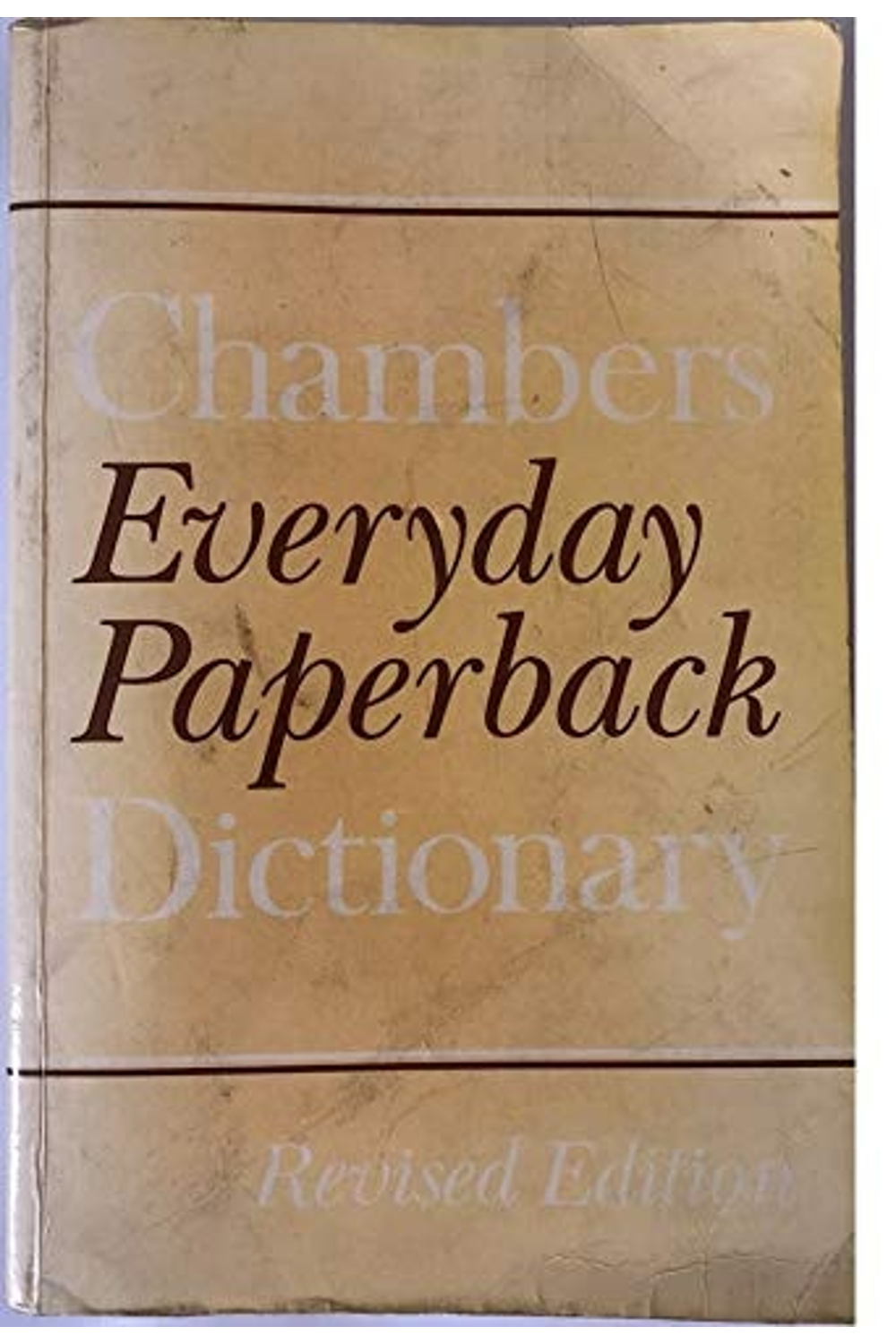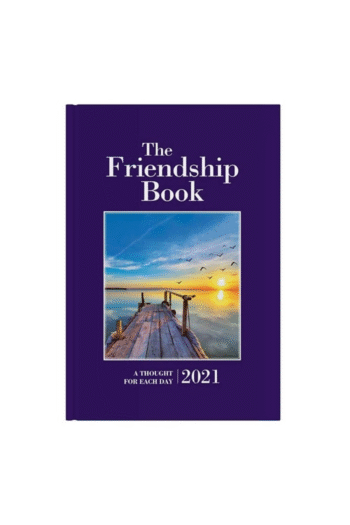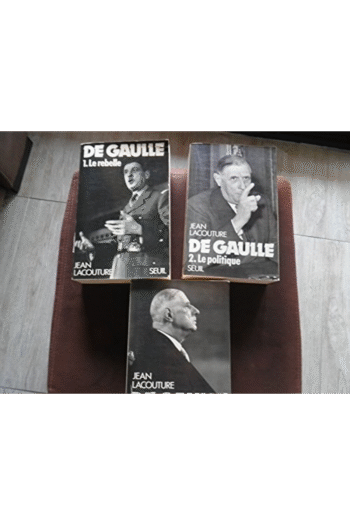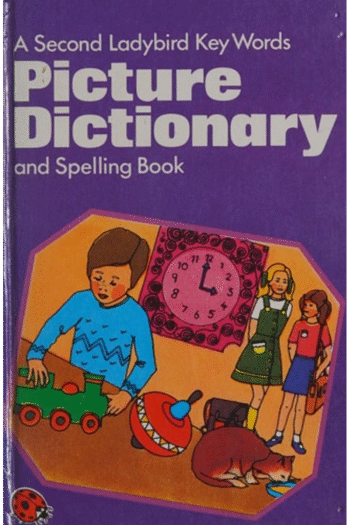The *Chambers Everyday Dictionary*, a vintage paperback published in 1980 by Chambers, is a valuable resource for language enthusiasts and students. Authored by E.M. Kirkpatrick, this dictionary offers a comprehensive collection of definitions, pronunciations, and etymologies, reflecting the English language usage of the late 20th century. Ideal for expanding vocabulary, understanding historical context, or supporting foreign language studies, this dictionary provides a solid foundation in English. Weighing 4000g, this dictionary is a great addition to any reference library.
Chambers Everyday Dictionary
13,12 $
In stock
Unlock the power of language with the *Chambers Everyday Dictionary*, a comprehensive and reliable resource for everyday use. This paperback edition, published by Chambers in 1980, remains a valuable tool for students, writers, and anyone seeking to expand their vocabulary and improve their understanding of the English language. Authored by E.M. Kirkpatrick, a name synonymous with quality lexicography, this dictionary offers a wealth of information in an accessible and user-friendly format. While compact enough for portability, the *Chambers Everyday Dictionary* doesn’t compromise on content. It boasts a substantial collection of words, phrases, and definitions, carefully curated to reflect the nuances of contemporary English as it was used at the time. Beyond simple definitions, you’ll find helpful guidance on pronunciation, etymology (word origins), and usage, allowing you to not only understand what a word means but also how to use it correctly and appreciate its historical roots. Understanding these roots can often clarify subtle shades of meaning. This dictionary is particularly useful for those studying foreign languages, offering a solid foundation in English vocabulary and grammar. Its clear and concise explanations make it an excellent companion for learners of all levels. Whether you’re grappling with complex sentence structures or simply looking to expand your active vocabulary, the *Chambers Everyday Dictionary* provides the support you need. It acts as a powerful reference to understand words and thus a foreign language better. The enduring appeal of the *Chambers Everyday Dictionary* lies in its commitment to accuracy and clarity. E.M. Kirkpatrick’s expertise shines through in every entry, ensuring that definitions are precise, up-to-date (for its time), and easy to understand. This attention to detail makes the dictionary a trusted resource for writers, editors, and anyone who values the importance of clear and effective communication. Its 1980 publication date also offers a unique glimpse into the lexicon of that era, which can be fascinating for those interested in linguistic history and the evolution of language. It provides insight into how words were commonly used at that time. This can be invaluable for researchers, historical fiction writers, or anyone wanting to understand the cultural context of the 1980s. Although its a vintage dictionary, its value hasnt diminished, especially for those interested in the specific word usage of the late 20th century. Don’t miss this opportunity to own a piece of linguistic history and enhance your language skills with the *Chambers Everyday Dictionary*.
| Authors | |
|---|---|
| Binding | |
| Condition | |
| ISBN-10 | 055018015X |
| ISBN-13 | 9780550180155 |
| Language | |
| Publisher | |
| Year published | |
| Weight | 4000 |
Related products
- Additional information
- Currencies
- USD – United States dollar
- EUR – Euro
- GBP – Pound sterling
- CNY – Chinese yuan
- BRL – Brazilian real
- MXN – Mexican peso
- JPY – Japanese yen
- PHP – Philippine peso
- THB – Thai baht
- PLN – Polish złoty
- CAD – Canadian dollar
- MYR – Malaysian ringgit
- AUD – Australian dollar
- TWD – New Taiwan dollar
- CZK – Czech koruna
- SEK – Swedish krona
- HUF – Hungarian forint
- ILS – Israeli new shekel
- CHF – Swiss franc
- HKD – Hong Kong dollar
- DKK – Danish krone
- SGD – Singapore dollar
- NOK – Norwegian krone
- NZD – New Zealand dollar





